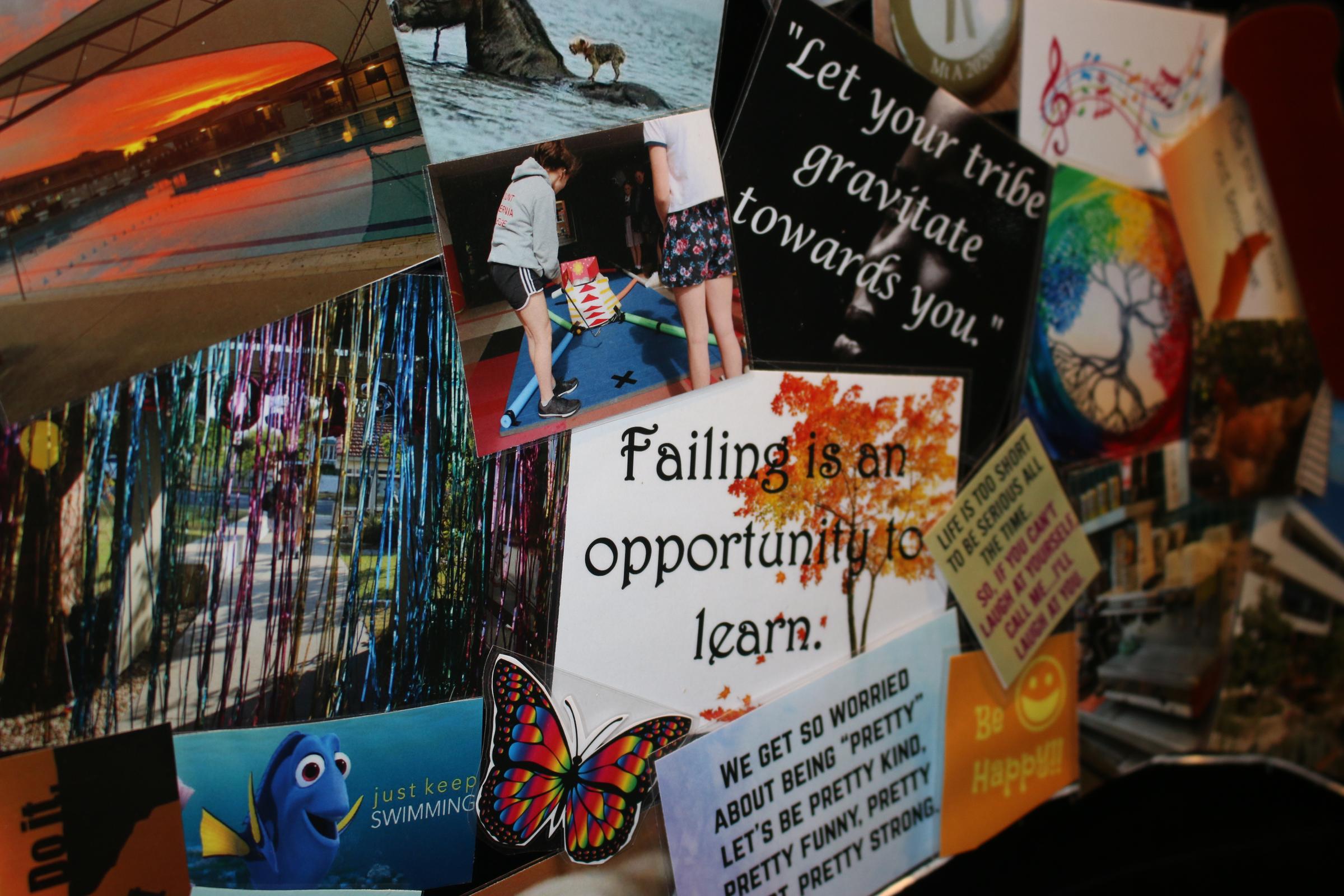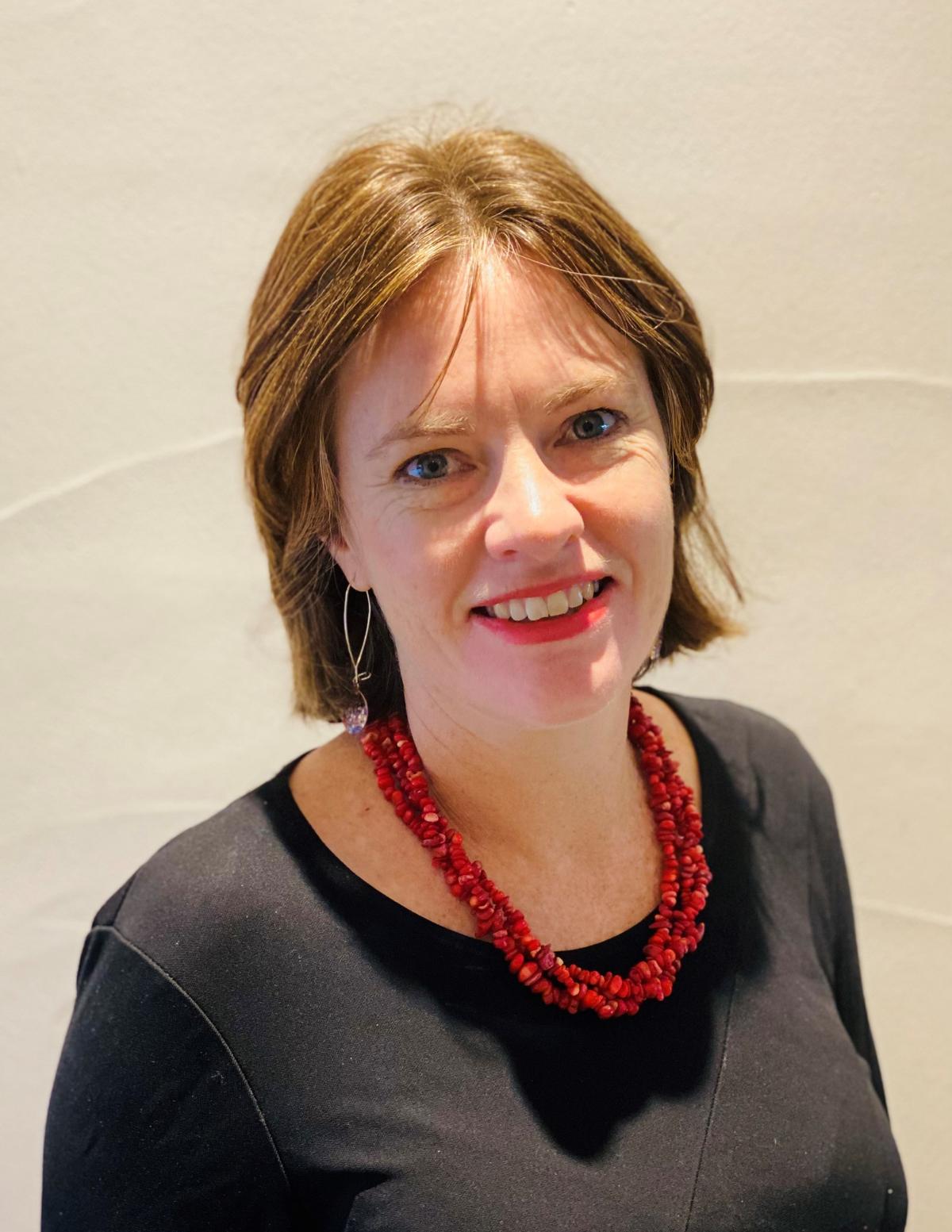Counsellors' Corner

Welcome to 2021 and a new school year! The new school year often comes with many different emotions for young people (and their parents). While some students may feel excited and happy about returning to school, others may find the transition more difficult. With a new year level, it can be a time of uncertainty for young people. However, it can also be seen as a fresh start.
2020 was an interesting and challenging year for us all. It impacted everyone in different ways, but everyone felt the effect of it in some form. As you may have seen in the media, this has presented what some are referring to as a ‘mental health crisis’ amongst young people. Mental health clinicians, psychologists, school psychologists, and psychiatrists have observed the sharp increase in children and adolescent presentations of mental health issues. As reported by the Murdoch Children’s Research Institute, “When every other presentation at emergency departments went down during COVID, mental health presentations for children went up”.
With this in mind, it is important to recognise that the world in which we live in has changed significantly over the past twelve months, and we are living with a large degree of ongoing uncertainty. During this time, it’s important to stay connected with your young person and check in with them about how they’re coping. Stress is a part of the human experience and it is helpful to normalise this with your young person. Short-term stress can be helpful and productive, and young people need to learn how to manage their stress effectively. Your guidance and modelling of this can shape their behaviour for the better. Some other suggestions for supporting your child are:
- Encourage your young person to use coping strategies to manage stress related to changes (eg practise focused deep breathing together);
- Don’t facilitate avoidance. Rather, help your young person cope and adjust to the changes;
- Instil healthy self-care practices (eg eating well, regular sleep patterns, exercise);
- Manage your young person’s technology use;
- Don’t be afraid to put in boundaries and follow through with consequences;
- Encourage your young person to communicate and seek help when appropriate.
As School Psychologists, we work closely with students, families, and teaching staff to support the wellbeing of students at the College. Individual sessions with students are designed for early identification or management of emerging mental health conditions. Supporting young people at the College may also include liaising with teaching staff, parents, and external professionals. We work closely with the Pastoral Guardians, Teaching and Learning Guardians, and the Student Enrichment and Advancement Centre (SEAC) in relation to educational adjustments (eg AARA).
We hope this will be a rewarding year for your young person, and that they continue to thrive as they continue their journey at Mount Alvernia College. If you have any questions or concerns that you’d like to discuss, please contact counsellor@mta.qld.edu.au.
Ellie Keane and Emma Moore
School Psychologists
Information was sourced from the Murdoch Children’s Research Institute, as referenced in The Sydney Morning Herald (https://www.smh.com.au/national/shocking-numbers-of-children-presenting-with-mental-health-issues-20210123-p56wbp.html)


